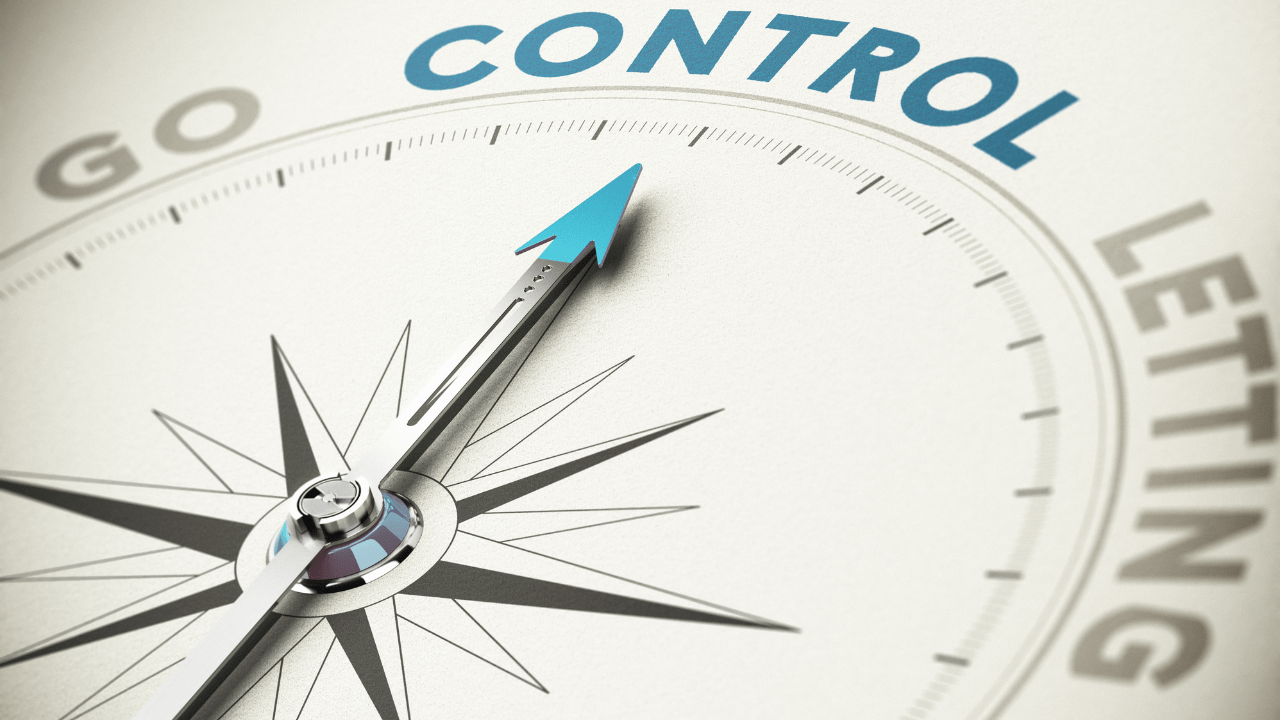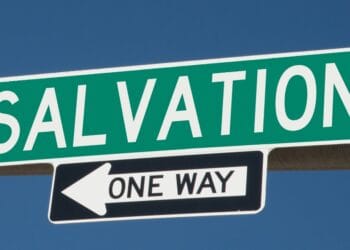No products in the cart.
Gun Control: Christian Perspectives on Violence and Self-Defense
This post contains affiliate links.
As we grapple with the issue of gun control in the United States, it becomes crucial to explore the diverse perspectives within the Christian community. Christianity does not provide a clear-cut stance on gun control, but it offers valuable insights into violence, self-defense, and the Christian’s responsibility to society.
In this article, we will examine the Biblical perspectives on weaponry, the varying Christian views on gun ownership, and the complex relationship between religion and gun ownership. We will also explore the perspectives of Christian leaders from different countries to gain a global understanding of the issue.
While we recognize that the topic of gun control is multifaceted, we aim to shed light on the Christian perspectives that shape the ongoing debates. Join us as we delve into this issue’s intricacies and consider its implications for our society.
Key Takeaways:
- The Bible does not directly address gun control but acknowledges the need for personal protection.
- Christian perspectives on gun ownership range from seeing it as aligned with biblical principles of self-defense to emphasizing peacemaking and opposition to violence.
- White evangelicals in the United States are more likely to own guns, but religious commitment does not always correlate with higher gun ownership rates.
- Christian leaders offer diverse perspectives on gun ownership, with opinions varying from personal conscience to reliance on spiritual weapons.
- Christian perspectives on gun control prioritize personal freedom, responsible actions, and considering the moral and ethical implications of owning a weapon.
The Bible and Weaponry
Although predating the invention of guns, the Bible provides insights into weaponry and its relation to self-defense and gun control. While gun control is not directly addressed in the Bible, it does offer examples of wars, battles, and the use of weapons in warfare. These examples illustrate recognizing the need for personal protection in a fallen world.
It is worth noting that carrying a weapon for self-defense is never condemned in the Bible. Jesus Himself made a favorable reference to personal defense when he said, “But now if you have a purse, take it, and also a bag; and if you don’t have a sword, sell your cloak and buy one” (Luke 22:36, NIV).
The Bible also emphasizes the importance of submitting to governing authorities, which includes obeying gun laws and regulations. It encourages believers to work towards alternatives through democratic means, respecting the authority and processes of the society in which they live.
Examples of Warfare and Self-Defense in the Bible
- The story of David and Goliath demonstrates using a weapon (a stone and a sling) to defend oneself and one’s people against a powerful enemy.
- Under Joshua’s leadership, the Israelites engaged in battles to defend their land and protect their way of life.
- The book of Ecclesiastes acknowledges a time for war and peace (Ecclesiastes 3:8).
- The Apostle Paul writes about the metaphorical armor of God, emphasizing the need for spiritual preparedness in the face of spiritual warfare (Ephesians 6:10-18).
While the Bible does not directly answer the issue of gun control, it offers principles that can guide Christians in their understanding of weaponry, self-defense, and their response to governing authorities. The interpretation and application of these principles may vary among individuals, denominations, and cultures, leading to diverse Christian perspectives on gun ownership and the need for regulations.
Christian Perspectives on Gun Ownership
Christian perspectives on gun ownership encompass a wide range of beliefs and values. While some Christians argue that owning a gun for self-defense aligns with biblical principles, emphasizing personal freedom and the right to protect oneself and loved ones, others take a different stance, prioritizing peacemaking and nonviolence.
For those who support gun ownership, their argument is rooted in the belief that responsible gun ownership is consistent with biblical principles. They view owning a gun as a means of self-defense, to be used as a last resort in the face of a direct threat. These individuals emphasize the importance of personal freedom and the right to protect oneself and loved ones, acknowledging the fallen nature of our world.
On the other hand, some Christians interpret passages like Matthew 5:9, which blesses peacemakers, as a call to oppose gun ownership. They believe that the presence of guns can escalate violence rather than promote peaceful resolutions. These Christian perspectives emphasize the spiritual weapons of love and nonviolence, advocating for alternative approaches to conflict resolution.
Therefore, the question of the morality of gun ownership lies in understanding the intentions and actions of the individual rather than assigning inherent moral value to the object itself. Christians who support gun ownership prioritize responsible use and consider it a personal decision guided by biblical principles.
Acknowledging and respecting the diversity of Christian perspectives on gun ownership is essential in fostering genuine dialogue and understanding. It is crucial to approach conversations surrounding this topic with empathy and a willingness to listen to differing views, recognizing that Christians may arrive at different conclusions based on their interpretation of Scripture and their understanding of moral responsibility.
The Relationship Between Religion and Gun Ownership
When examining the relationship between religion and gun ownership, it becomes clear that perceptions of safety and personal convictions play significant roles in shaping individual beliefs. Studies in the United States indicate that white evangelicals are more likely to own guns and feel safer with them. For many white evangelicals, protection is the primary motivation behind gun ownership.
Interestingly, the level of religious commitment and frequency of attending religious services do not necessarily correlate with higher rates of gun ownership. This suggests that factors beyond religious involvement alone influence the decision to own a gun.
The complex interplay between religion and gun ownership reflects the diversity of beliefs within Christianity. While some Christians prioritize the responsibility of protecting oneself and loved ones, others may emphasize different avenues of safety and put their trust in spiritual weapons such as love and nonviolence. This diversity highlights the multifaceted nature of the issue.
Perspectives from Christian Leaders in Different Countries
Christian leaders from various countries offer diverse perspectives on gun ownership. Their viewpoints reflect the complex interplay between faith, culture, and personal convictions.
1. Steve Dangana – Nigeria
Steve Dangana, a prominent Christian leader from Nigeria, believes that in a world plagued by violence, it is acceptable for Christians to own guns for self-defense. He argues that responsible gun ownership can act as a deterrent against potential harm while acknowledging the need for caution and adherence to legal frameworks.
2. Siki Dlanga – South Africa
In contrast, Siki Dlanga, a respected Christian leader from South Africa, emphasizes the spiritual weapons of love and nonviolence. He questions the reliance on firepower and advocates for alternatives to violence. Dlanga believes that embodying Jesus’s teachings means rejecting the use of physical force and trusting in God’s grace and protection.
3. Perspectives from Other Countries
Christian leaders in different countries hold a wide range of opinions on gun ownership. Some align with Dangana’s view, seeing it as a matter of personal conscience and practicality. Others share Dlanga’s emphasis on nonviolence and finding non-lethal ways to overcome conflict.
For example, leaders in Sweden and Norway often prioritize peaceful resolutions and have relatively low rates of gun ownership among Christians.
On the other hand, some leaders in countries like the United States argue that gun ownership is not only a right but also a responsibility granted by law. They believe it enables individuals to protect themselves, their loved ones, and their communities.
- Sweden
- Norway
- United States
These varying perspectives illustrate the dynamic and nuanced nature of the gun ownership debate within the global Christian community.
Conclusion
Christian perspectives on gun control are diverse and reflective of the wide range of beliefs within the faith. While the Bible does not explicitly address gun ownership, it does underscore the significance of personal freedom and responsible actions. Christians are encouraged to submit to governing authorities and pursue peace while considering the moral and ethical implications of owning a weapon.
The multifaceted issue of gun control involves political, philosophical, and theological considerations that continue to be debated within Christian communities. Some believers view gun ownership as a fundamental aspect of personal freedom and self-defense, guided by the belief in the right to protect oneself and loved ones. Others emphasize peacemaking, advocating against firearms and relying on nonviolent means to resolve conflicts.
Ultimately, the decision to support or oppose gun control from a Christian perspective depends on individual interpretations of biblical teachings and one’s understanding of responsible ownership. While opinions on this matter may differ, Christians are called to engage in thoughtful dialogue, seeking common ground and working towards practical solutions that promote personal freedom and community safety.
FAQ
Does the Bible mention gun control?
No, as the Bible predates the invention of guns. However, it does provide insights into violence, self-defense, and the Christian’s response to governing authorities.
What does the Bible say about self-defense?
While the Bible does not explicitly address gun control, it acknowledges the need for personal protection in a fallen world. Carrying a weapon for self-defense is never condemned in the Bible.
Are Christians allowed to own guns?
Yes, Christians hold diverse views on gun ownership. Some argue that owning a gun for self-defense aligns with biblical principles as long as it is used responsibly and as a last resort.
Do religious beliefs affect gun ownership rates?
Studies show that in the United States, white evangelicals are more likely to own guns and feel safer with them. However, religious commitment and frequency of attending religious services do not necessarily correlate with higher gun ownership rates.
What do Christian leaders from different countries say about gun ownership?
Christian leaders offer diverse perspectives on gun ownership. Some believe it is acceptable for Christians to own guns for self-defense, while others emphasize the spiritual weapons of love and nonviolence.
What is the Christian perspective on gun control?
Christian perspectives on gun control vary widely, reflecting the diversity of beliefs within the faith. The Bible does not explicitly command or condemn gun ownership, but it emphasizes the importance of personal freedom and responsible actions.
Source Links
- https://www.gotquestions.org/Christian-gun-control-Bible.html
- https://www.compellingtruth.org/Christian-gun-control-Bible.html
- https://www.christianitytoday.com/ct/2022/october-web-only/guns-christians-self-defense-mass-shootings-protection.html
This post contains affiliate links.











